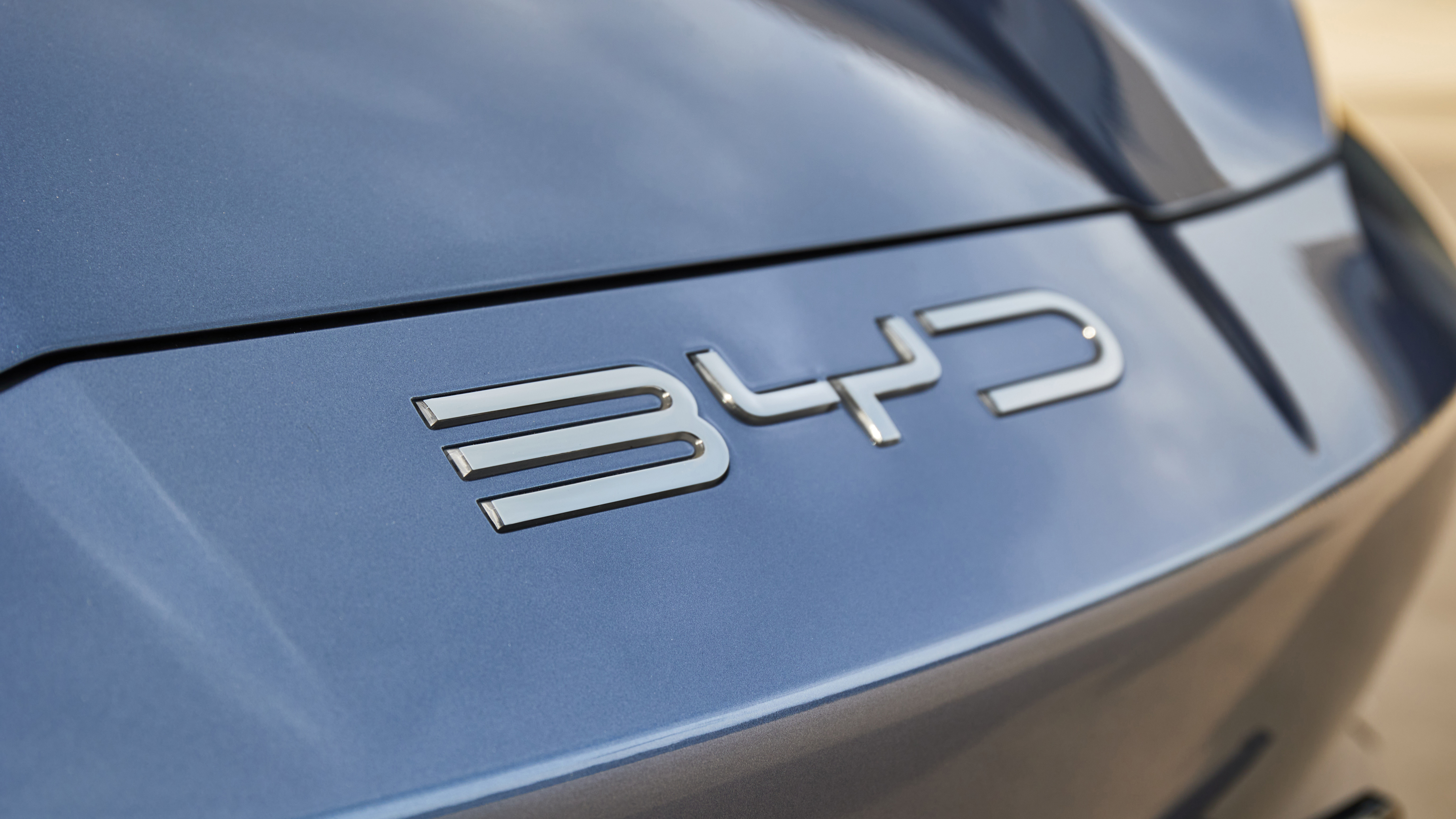BYDs Profit Growth Slows Sharply Amid Price War In China

BYD’s Profit Growth Slows Sharply Amid Price War in China
BYD, China’s largest electric vehicle (EV) maker, has seen a marked slowdown in earnings growth for the first half of 2024. The company has been hit hard by a prolonged price war that has engulfed the world’s largest car market.
The company posted net profits of Rmb13.6bn (£1.1bn) for the six months to June 30, a 24% rise compared to the same period last year. However, this is a far cry from the threefold surge in profits it reported in the first half of 2023, reflecting the tough market conditions.
BYD, headquartered in Shenzhen, overtook both Honda and Nissan to become the world’s seventh largest carmaker by sales volume in the second quarter of this year. The company delivered a record 983,000 passenger vehicles in the quarter, but the resultant revenue of Rmb176.2bn fell short of expectations, according to calculations by the Financial Times.
BYD has long benefitted from its ability to integrate various parts of its supply chain, including battery and chip production, which has allowed it to keep costs down. Yet, the company has been forced to introduce several rounds of price cuts since the start of 2024. This has pushed some of its hybrid models into the low-budget segment, pricing them under Rmb100,000. That market is traditionally dominated by petrol-powered vehicles made by foreign brands.
In a report, the Warren Buffett-backed company acknowledged the pressures it faces, citing a “complex macro environment” and “greater inventory pressure”. The firm’s management admitted that fierce competition in China’s domestic market is eroding profitability, despite strong demand for EVs.
Gerwin Ho, a vice-president at Moody’s Ratings, echoed this sentiment, noting that domestic competition, combined with the need to scale up, is forcing Chinese EV makers to look overseas. However, this expansion is not without challenges. Tariffs introduced by several Western countries, including the US and the EU, are complicating Chinese automakers’ global ambitions. Canada recently joined the ranks, increasing tariffs on China-made EVs earlier this week.
Despite these hurdles, BYD remains committed to delivering “competitive products and quality services” globally. The company has been clear in its intention to target emerging markets in response to the barriers erected in the US and Europe. Gerwin Ho from Moody’s noted that such protectionist policies are pushing Chinese manufacturers to focus their efforts outside Western markets.
In July, BYD opened its first wholly-owned factory overseas, located in Thailand. The company also struck a deal with Uber, agreeing to supply 100,000 EVs to the ride-hailing giant’s global fleet. These moves reflect BYD’s growing emphasis on expanding its international presence.
Executive vice-president Stella Li has said that BYD expects overseas markets to eventually account for “nearly half” of its total sales. In the first seven months of this year, the company sold 270,000 vehicles overseas, putting it on track to meet its full-year target of 500,000 units. This figure would represent around 14% of BYD’s total sales for the year.
BYD is not alone in grappling with the effects of China’s aggressive price war. Li Auto, another Chinese EV maker, reported a sharp decline in profits this week. The Beijing-based company, which became the world’s third-largest EV producer by profitability last year, posted a net income of Rmb1.1bn for the second quarter. This fell well short of analysts’ expectations, representing a 52% drop compared to the same period last year. Like BYD, Li Auto has also been forced to reduce prices across its product line, having done so in April.
BYD’s Hong Kong-listed shares dropped 2% in value on Wednesday, while Li Auto’s shares, listed in the US, opened 8% down, reflecting the market’s concerns about the profitability of Chinese EV manufacturers in the current environment.
The price war, sparked by Tesla more than a year ago, continues to take its toll, with no clear end in sight. As competition remains fierce, both domestically and internationally, Chinese automakers are faced with significant challenges as they seek to maintain profitability while scaling up and expanding into new markets.
World Liberty Seeks Federal Trust Charter
World Liberty Financial, the crypto venture backed by the Trump family, has applied for a US national bank trust charter... Read more
Saudi Banks Tap Overseas Markets
Saudi Arabia’s banks are borrowing from international markets at their fastest pace on record, as lenders try to squar... Read more
Amazon Continues To Cut 16000 Gone
Amazon has announced plans to cut a further 16,000 roles from its corporate workforce, extending the cost and organisati... Read more
The UK May Have A Voice In Ai
Europe’s AI sector has grown accustomed to playing catch-up. Capital has flowed more slowly than in Silicon Valley, va... Read more
Musk Applies Pressure To BT
Britain’s broadband market has spent the past decade locked in a familiar pattern. Incumbents invested heavily in fibr... Read more
Blackrock Sees EMEA Moving Into Private Assets
BlackRock has warned that investors across Europe, the Middle East and Africa are reshaping portfolios in response to wh... Read more

